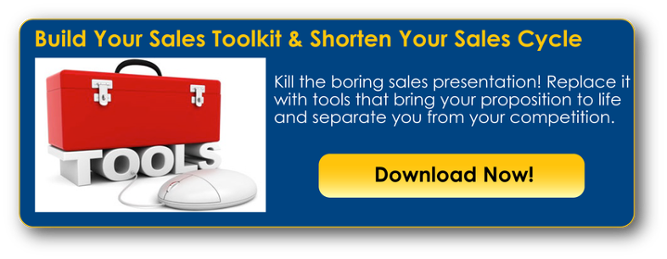Question: Have you hit a ceiling in your sales or profits?
Maybe you’ve been successful, made a few million, but you want to really maximize the potential of your company.
Or maybe you’re still doing everything solo and have maxed out how many hours in a day you can realistically work. It’s time to scale.
Either way, you’re going to love today’s guest on The School of Greatness.
Josh Bezoni is an incredible guy with a huge heart, not to mention a very successful businessman.
I met him 5 years ago at an event he hosted in Austin, TX, became friends, and I’m back in that city this week for the book tour.
We finally got a chance to sit down and record a podcast, which I’d been wanting to do for a long time.
Josh is an incredible marketer, having worked for some of the best in the business early on in his career.
Fast forward 20 years and he and his business partners have built a fitness supplement company from an inital investment of $1 million to $100 million . . . in just a year.
In our conversation, Josh goes over the top 8 mindset shifts that have made the difference for him in bursting through the sales ceiling he had been hitting in his previous companies.
Get excited to take notes and have your mental framework re-built around business in Episode 260 with Josh Bezoni.
Subscribe on iTunes, Stitcher Radio or TuneIn
The School of Greatness Podcast
Some questions I ask:
- Do you think you can be successful without a charitable aspect to your business?
- How do you build redundancy into your team?
- What if you don’t have a lot of cash to start up your business and build your team?
- How does an entrepreneur know what metrics to track and how to do that?
- Why are you so driven to push your profits and company?
In This Episode, You Will Learn:
- How Josh and his co-founders took $1 million and turned it into $100 million in one year when they founded their business
- The power of writing good copy and direct response marketing to maximize your sales
The 8 Mental Shifts to Maximize Your Sales
- Create a charitable mission around your business
- Promote your passion
- Go into an industry that you can disrupt
- Form allies
- Build your infrastructure at 20x what you think you’ll need
- Force focus
- Know your numbers
- Fire yourself
- How they built an email list of millions in just 3 years
- Josh’s best hiring tips
- What bad supplement manufacturers do (and why to avoid these practices)
- Plus much more…
Continue Seeking Greatness:
- BioTrust
- Body for Life: 12 Weeks to Mental and Physical Strength
- Joe Polish
- Scientific Advertising
- Get 20% off BioTrust products by using coupon code “Lewis”
- FOLLOW JOSH
-
LAST CALL TO SEE ME ON THE BOOK TOUR! GET TICKETS TO THE AUSTIN AND SAN DIEGO EVENTS HERE
- Music Credit: Kamikaze by DREAMER x LOUD
You may also like these episodes:
- How a Huge Vision Becomes Reality with Bryan Johnson
- How a Gang Kid Becomes a Multimillionaire Entrepreneur
- How to Be a Jedi and Master the Mind with Tom Bilyeu of Quest Nutrition
Did you enjoy the podcast?
Josh is the man and gave some incredibly useful tips in this interview. Which one are you going to implement first in your business?
“The biggest lessons in life I’ve ever had are the failures.”
The post 8 Mental Shifts to Making $100 Million in Your Business appeared first on Lewis Howes.




